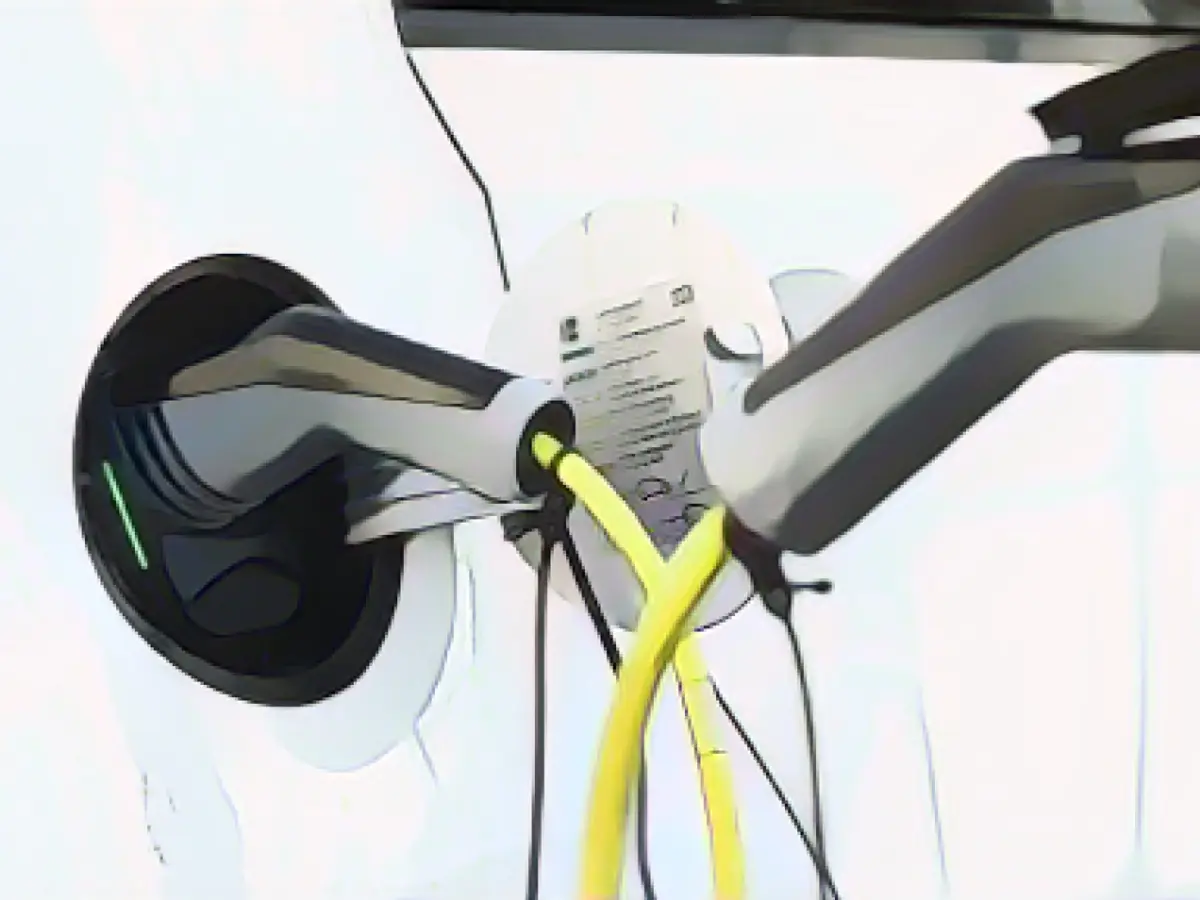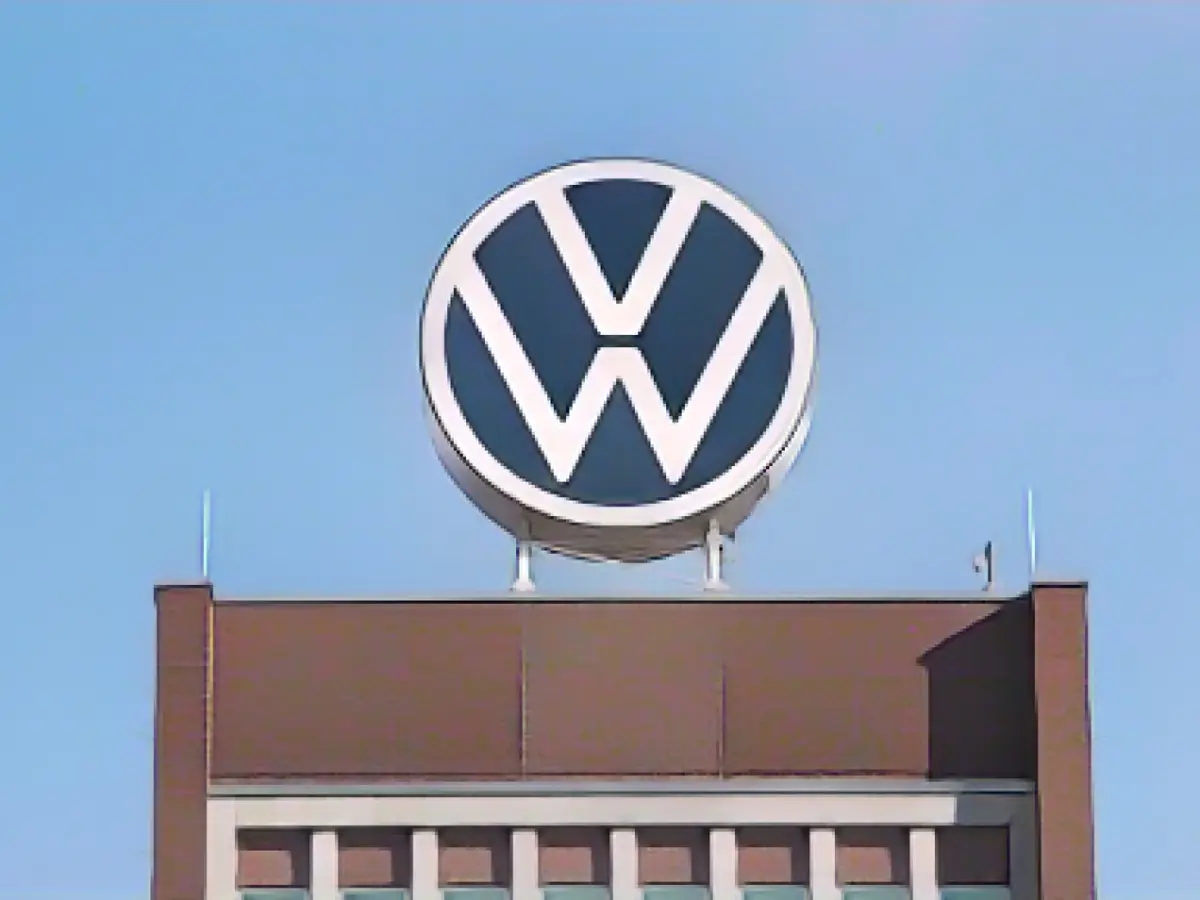Title: Extended Tariff Exemption for Electric Vehicles in EU-UK Trade Proposed
Get ready to rev up the engines of the German automotive sector, because the EU Commission has proposed an extension of the tariff exemption for electric vehicles (EVs) when trading between the EU and the UK for another three years. This intriguing proposition made its debut in Brussels and now awaits approval by a qualified majority of the EU's member states, representing at least 15 countries and 65% of the EU's population.
Initially slated for implementation on January 1, 2024, new customs rules for vehicles might have brought a 10% duty on vehicles with less than 45% of their value added in either the EU or the UK. Struggling manufacturers who fell short of the value-added quota due to battery production capacity issues would have faced the brunt of this regulation.
However, a series of unexpected events – namely, the Russian war of aggression against Ukraine and the COVID-19 pandemic – led the EU Commission to revisit these tariffs, which had initially been negotiated in 2020. Additionally, the European battery industry's anticipated growth hasn't transpired due to these challenges, necessitating this proposal.
Still, the EU Commission's proposal includes a provision that the tariff suspension shouldn't extend beyond December 31, 2026. Swift action needs to be taken by EU member states and the UK to implement this proposal.
British and German vehicle producers request relief
Anxious about their competitiveness in the significant EU export market due to the impending tariffs, British manufacturers have been voicing their concerns. As for their German counterparts, high duties on exports to the UK would have also been detrimental if not suspended. Back in 2020, the German Association for the Automotive Industry (VDA) had warned of the substantial disadvantage that European companies would face in the UK market compared to Asian competitors due to these duties.
Upon hearing the EU Commission's declaration, VDA President Hildegard Müller voiced her satisfaction with the decision, which she described as a win for the climate, industry, and consumers. The EU member states and the UK must now expedite the approval of this proposition.
According to Marc Lehnfeld from Germany Trade and Invest (GTAI), both British and German auto industries will reap benefits from the extended rules of origin. In the current year, the car factor (auto, parts, engine trades) still remains a prominent commodity group in German-British trade, accounting for approximately 22%.
"The British automotive industry can now regain confidence," said Lehnfeld. "The German automotive industry can also benefit from this shift, as Germany is the UK's primary provider of fully electric vehicles and hybrids."
Industry Insights
Regarding the motivation behind the EU Commission's proposal, various factors come into play. The EU is actively pursuing its green industrial policy to ensure a competitive transition to a low-carbon economy. This includes measures to support the production and adoption of electric vehicles (EVs) within the EU, such as subsidies, public procurement rules, and the promotion of local production of clean technologies.
Facing increased competition from China, the EU is determined to support its own EV industry, potentially extending tariff exemptions to maintain a competitive edge. Additionally, the EU Commission is also focusing on regulatory frameworks to help facilitate the transition to clean technologies, with proposals for phase-in compliance and average compliance mechanisms.
The EU's investment in recharging infrastructure and promoting the uptake of electric vehicles is also crucial for ensuring a competitive edge in the EV market and ensuring the industry's long-term viability.







